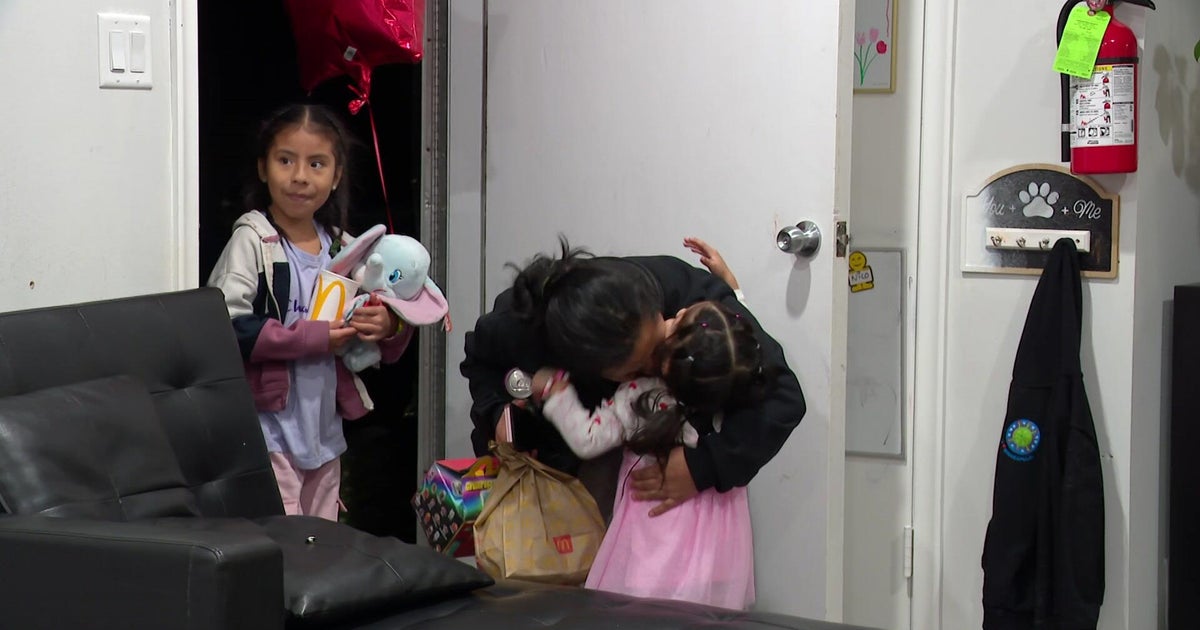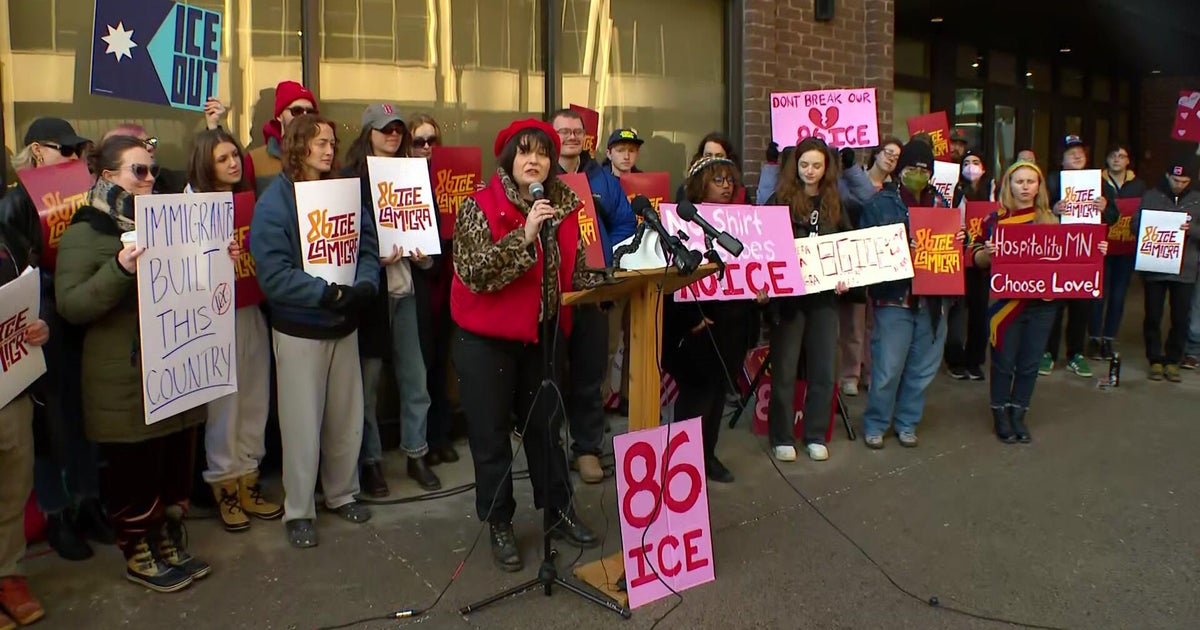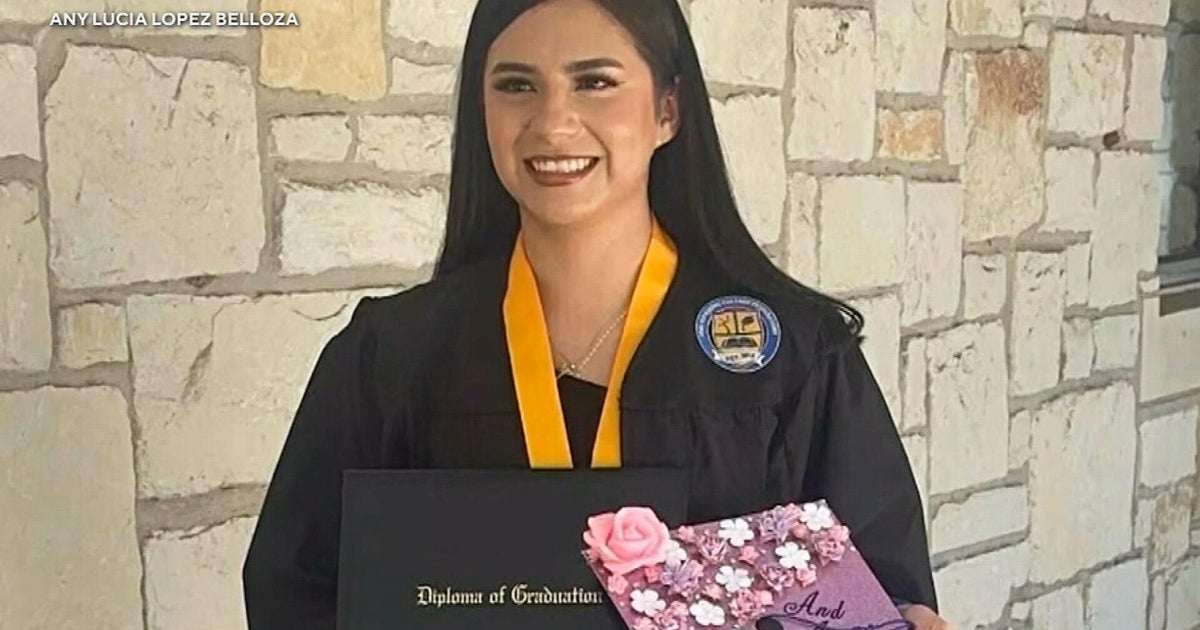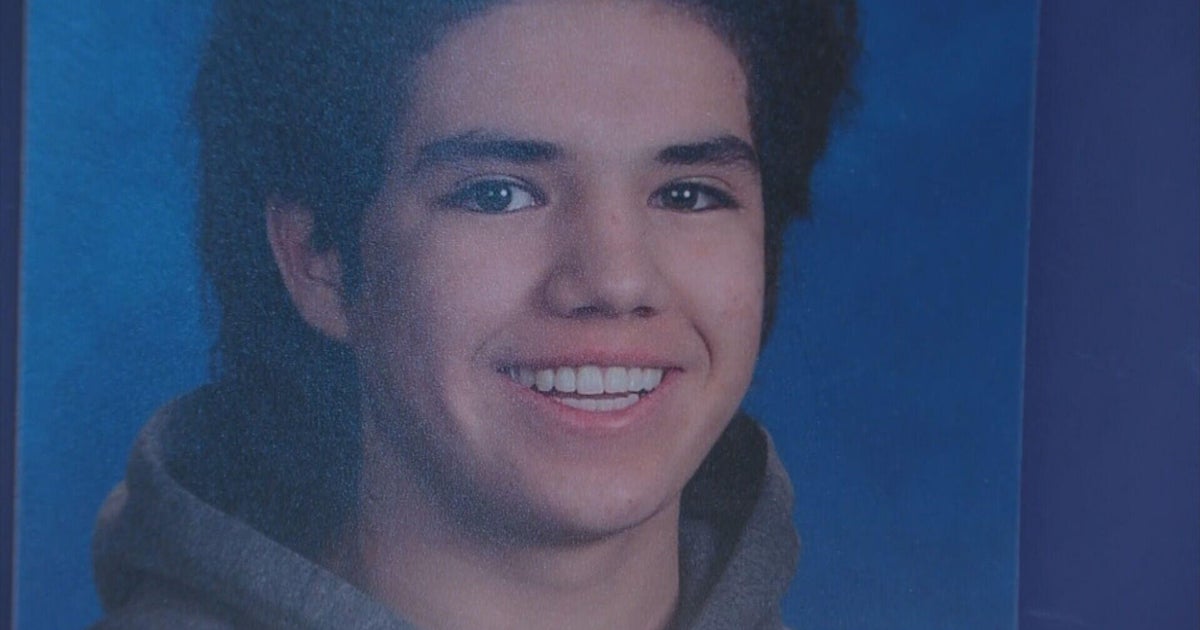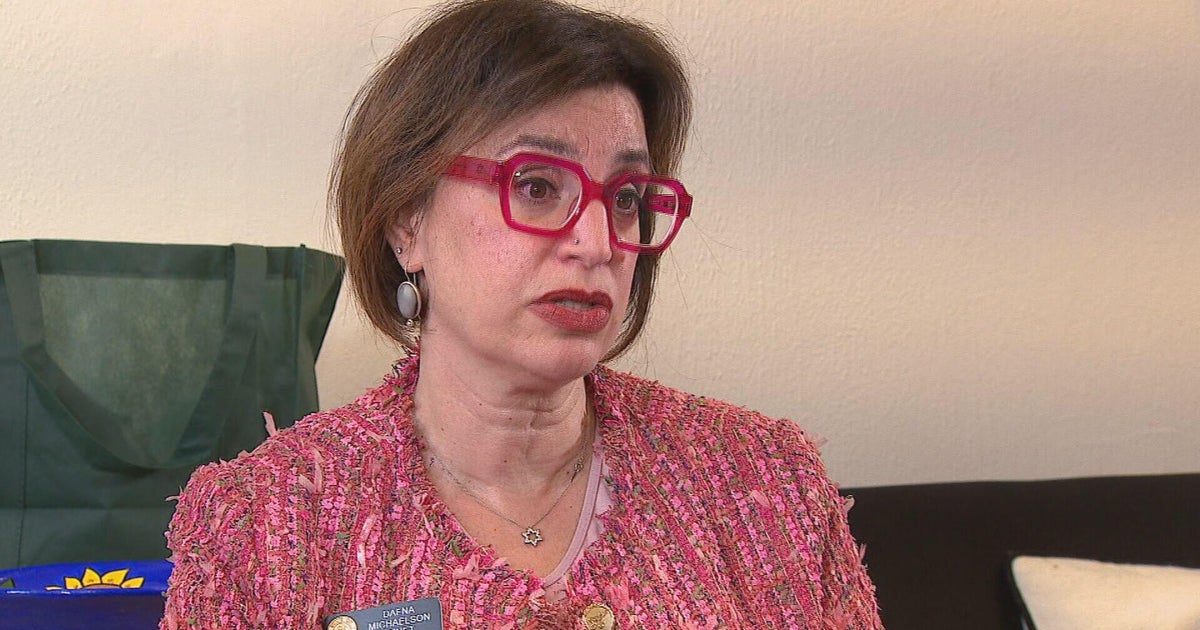Good Question: Why Do We Have The Electoral College?
MINNEAPOLIS (WCCO) - When you vote Tuesday and fill in that oval for Mitt Romney or Barack Obama, you won't really be voting for the president.
"When they say your vote counts, it makes me wonder, well, does my vote really count?" asked Brigitte Leininger.
That's because you're really voting for a slate of ten electors, who will then cast the real ballot for president. How do you become an elector? And why do we still have the Electoral College?
Rick Weible is one of the ten potential Republican Party electors for Minnesota.
"It's really exciting. If Romney wins Minnesota, I get to legally vote twice," Weible said.
The Electoral College is laid out in the U.S. Constitution. To get rid of it would require a constitutional amendment. The Founding Fathers didn't want large states to have all the power, so they set up a college of electors based on the number of each state's senators and representatives.
"Part of me really likes the concept. At the same time, I feel like there is something lost in not necessarily paying attention to the popular vote," Leininger said.
"If we just went completely on the popular vote, you could really just go to California, Ohio, New York, Florida and Texas, and be done campaigning," Weible said.
But the Electoral College still has candidates focusing on only a few states, they're just not all big. There are between seven and nine swing states sucking up all the money and the candidates' time - namely Ohio, New Hampshire, Nevada, Iowa, and Wisconsin.
How does someone become one of the ten Minnesota electors?
"Each party might have their own rules. But it's through the party caucus system," Weible said.
The Republican Party picks eight electors from each legislative district, and then two at the statewide convention. Most electors are party activists; Rick's the mayor of St. Bonifacious.
We all vote Tuesday. They vote December 17 in every state's capitol.
"Could you go rogue?" asked WCCO reporter Jason DeRusha.
"That's the interesting piece of it. There's nothing compelling me to say I have to vote one way or the other - other than my own embarrassment throughout the party itself," he said.
There is one other factor: Minnesota law was changed in 2005.
The statute reads: "If an elector fails to cast a ballot for the presidential or vice presidential candidate of the party under whose name the elector was chosen, the elector's vote or abstention is invalidated."
In this case, an alternate then casts a ballot.
Two states split their electors - not Minnesota. Winner gets all 10.
And in the event of an Electoral College tie, the House of Representatives would pick the president. Each state gets one vote. The Senate picks the vice president.
Republican Party Electors
Steven Perkins
Richard Iffert
Rick Weible
Anothony Hoffer
Candace Oathout
George (Judd) Mowry
David Hallman
Ronald Niemala
James Grinols
Peter Bozanich
DFL Party Electors
Lucy Buckner
Jettie Ann Hill
Dee Long
Joe Moren
Al Patton
Shanti Shah
Rick Stafford
Russ Warren
Janet Weir
Paul Wright
